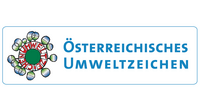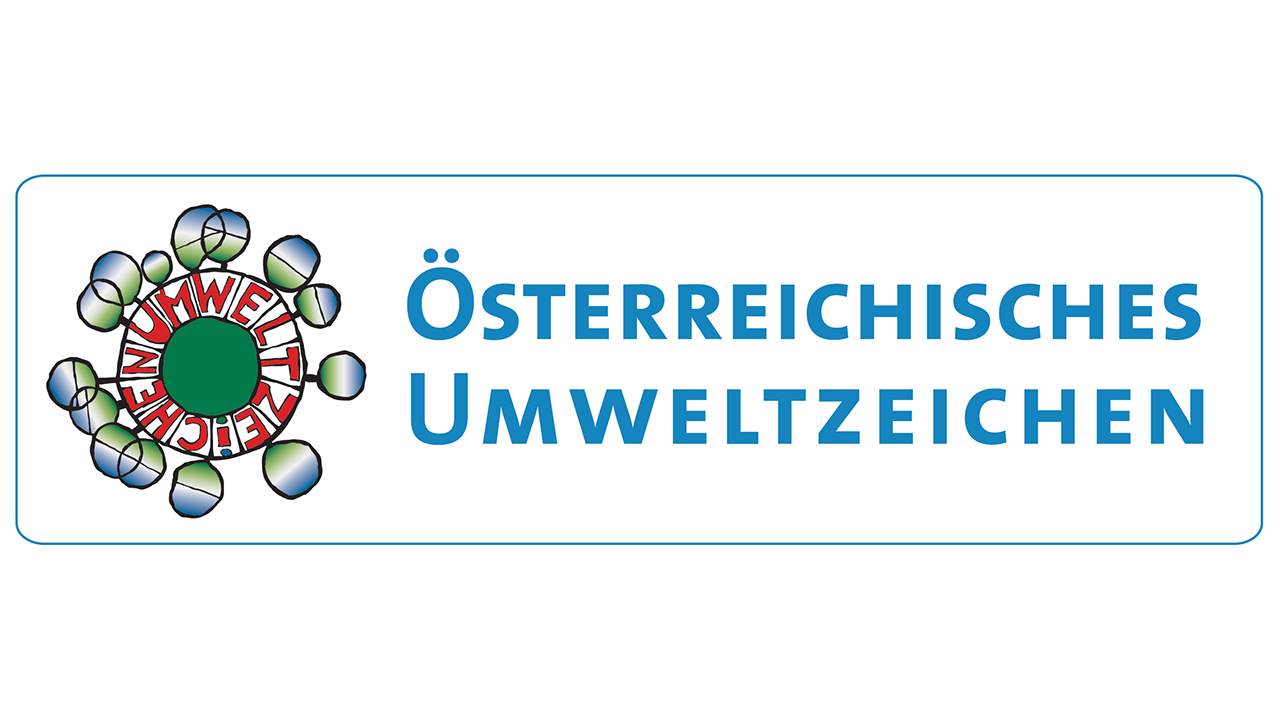Sustainability and health combined in a portfolio: First healthcare fund managed under consideration of ESG criteria
Investments in the 40 most attractive healthcare companies worldwide, regionally diversified and across sub sectors
The sustainability filter includes a "best-in-class" approach and the application of a strict exclusion process
Indexed performance (as at: 02.02.2026)
NAV: CHF 130.23 (09.02.2026)
Rolling performance (02.02.2026)
| B-CHF | Benchmark | |
| 09.02.2025 - 09.02.2026 | -9.62% | -6.84% |
| 09.02.2024 - 09.02.2025 | 6.49% | 7.14% |
| 09.02.2023 - 09.02.2024 | -8.71% | 4.26% |
| 09.02.2022 - 09.02.2023 | -5.50% | -1.72% |
Annualized performance (02.02.2026)
| B-CHF | Benchmark | |
| 1 year | -9.62% | -6.84% |
| 3 years | -4.22% | 1.34% |
| 5 years | -4.11% | 3.16% |
| Since Inception p.a. | 0.54% | 5.67% |
Cumulative performance (02.02.2026)
| B-CHF | Benchmark | |
| 1M | -5.47% | -4.27% |
| YTD | -2.62% | -1.31% |
| 1 year | -9.62% | -6.84% |
| 3 years | -12.14% | 4.06% |
| 5 years | -18.93% | 16.83% |
| Since Inception | 4.18% | 52.28% |
Annual performance
| B-CHF | Benchmark | |
| 2025 | -3.59% | 0.37% |
| 2024 | 5.90% | 9.40% |
| 2023 | -10.95% | -5.55% |
| 2022 | -13.37% | -4.32% |
Facts & Key figures
Investment Focus
The fund’s aim is to achieve capital growth in the long term, is actively managed and invests in healthcare firms with strong sustainability credentials and innovative business models. Examples of sustainability in the healthcare industry are environmentally sound procurement policies for drug makers, Show moreShow less
Investment suitability & Risk
Low risk
High risk
General Information
| Investment Manager | Bellevue Asset Management AG |
| Custodian | CACEIS BANK, LUXEMBOURG BRANCH |
| Fund Administrator | CACEIS BANK, LUXEMBOURG BRANCH |
| Auditor | PriceWaterhouseCoopers |
| Launch date | 29.06.2018 |
| Year end closing | 30. Jun |
| NAV Calculation | Daily "Forward Pricing" |
| Cut of time | 15:00 CET |
| Management Fee | 1.60% |
| Subscription Fee (max.) | 5.00% |
| ISIN number | LU1819585883 |
| Valor number | 41670704 |
| Bloomberg | BBSHCBC LX |
| WKN | A2JMRJ |
Legal Information
| Legal form | Luxembourg UCITS V SICAV |
| SFDR category | Article 8 |
| Redemption period | Daily |
Key data (31.01.2026, base currency USD)
| Beta | 0.77 |
| Volatility | 11.41 |
| Tracking error | 7.33 |
| Active share | 36.26 |
| Correlation | 0.80 |
| Sharpe ratio | -0.24 |
| Information ratio | -0.76 |
| Jensen's alpha | -5.27 |
| No. of positions | 52 |
Portfolio
Top 10 positions
Market capitalization
Geographic breakdown
Breakdown by sector
Benefits & Risks
Benefits
- Investments in the 45 most attractive healthcare stocks worldwide with due account taken of current sustainability criteria.
- Many years of recognized bottom up expertise coupled with comprehensive sustainability research from Sustainalytics.
- The sustainability filter combines a best-in-class approach with the application of a strict exclusion procedure.
- Proprietary investement process: Half-yearly company evaluation and rebalancing.
- Underweighting of pharma and US stocks against the relevant healthcare indices, and a strong focus on mid caps.
Risks
- The fund actively invests in equities. Equities are subject to strong price fluctuations and so are also exposed to the risk of price losses.
- The fund may invest a proportion of its assets in financial instruments that might under certain circumstances have a relatively low level of liquidity, which can in turn affect the fund’s liquidity.
- The fund invests in foreign currencies, which means a corresponding degree of currency risk against the reference currency.
- Investing in emerging markets entails the additional risk of political and social instability.
- The fund may engage in derivatives transactions. The increased opportunities gained come with an increased risk of losses.
Review / Outlook
Global equity markets posted modest gains in December 2025, with the MSCI World Index rising 0.8%. The healthcare sector underperformed during the month, with the MSCI World Health Care Index declining 0.8%, following strong performance in November. For the full year, global equities advanced 21.1%, driven primarily by Communication Services (+32.0%), reflecting continued strength in AI-related themes. Healthcare lagged the broader market but still delivered a solid positive return of 14.8% in 2025.
Notably, healthcare has been the best-performing MSCI sector since the announcement of the Pfizer–US Administration drug pricing agreement on September 30, generating a return of 12.8% over this period (to year-end), compared with 3.6% for the MSCI World Index. The Bellevue Sustainable Healthcare (Lux) Fund (I shares) outperformed by 47 bs in December, supported by increased exposure to large pharmaceutical companies, which benefited from de-risking as US drug pricing concerns eased over Q4 2025.
Subsector performance was mixed. Pharmaceuticals gained 1.9% in December, while other subsectors detracted, most notably medtech, which declined 3.8% over the month. From a regional perspective, Europe led performance with a gain of 2.4%, while the United States and Asia declined by 1.8% and 3.7%, respectively.
Sector news flow remained constructive. In mid-December, an additional ten pharmaceutical companies – including Merck & Co., Bristol-Myers Squibb, Sanofi, Roche, and Novartis – reached drug pricing agreements with the US Administration. On December 22, the FDA approved Novo Nordisk’s oral semaglutide (Wegovy pill) for obesity, marking the first oral GLP-1 therapy approved for this indication in the US. CVS Health raised its full-year 2025 guidance at an investor day and highlighted positive momentum heading into 2026. In corporate activity, L’Oréal announced plans to increase its stake in Galderma to 20%, while Sanofi agreed to acquire hepatitis B vaccine specialist Dynavax for USD 2.2 bn.
Within the portfolio, Teva Pharmaceuticals (+16.1%), Bristol-Myers Squibb (+9.6%), and Roche (+8.2%) were the strongest absolute performers in December, supported by continued momentum following increased pricing clarity related to the Inflation Reduction Act, policy developments under the Trump Administration, and positive clinical data presented at the San Antonio Breast Cancer Symposium (SABCS), respectively.
The healthcare sector is entering a new and durable phase of growth following several years of structural and policy-related headwinds. Policy and regulatory uncertainty has materially eased, valuations remain close to decade lows, and investor confidence is returning as fundamentals stabilize across biopharma. Despite contributing roughly 18% of US GDP, healthcare equities still account for only around 10% of the S&P 500, highlighting a meaningful disconnect between economic importance and market representation. Multiple industry overhangs – including pricing reform, FDA restructuring, and the implementation of the Inflation Reduction Act – have either cleared or proven manageable, allowing company fundamentals to regain prominence.
Within this recovery, biotechnology has emerged as the primary growth engine, transitioning from binary R&D outcomes toward more cash-generative, launch-driven business models supported by premium drug pricing, leaner cost structures, and disciplined capital allocation. At the same time, large pharmaceutical companies face an upcoming biologic patent cliff between 2029 and 2032 and hold strong balance sheets with over USD 200 bn in aggregate acquisition capacity, underpinning a multi-year M&A cycle focused on rare disease, CNS, nephrology, and RNA-based innovation. Investor participation is broadening, with specialists investors remaining active and generalist investors selectively returning via large-cap value, structural growth, and commercial-stage biotechnology opportunities.
Against this backdrop, the fund maintains a sustainable, high-conviction strategy with diversified exposure across healthcare subsectors, emphasizing biotechnology and life science tools as core overweight positions to target structural and cyclical outperformance.
Dokumente
Show moreShow less
ESG
Legal notices
Portfolio examples with ESG relevance
Österreichisches Umweltzeichen






